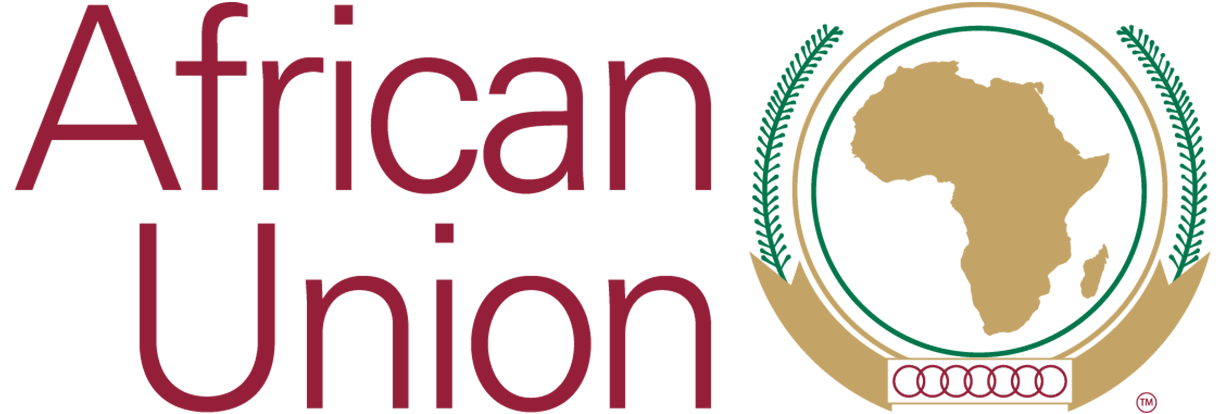Date: 26 September, 2025
Venue: New York, USA
UNGA 80: AMO Addresses African Data Fragmentation and the Need for Coordinated Action
As part of its ongoing commitment to advancing migration data governance, the African Migration Observatory (AMO) convened its second high-level panel discussion on the sidelines of UNGA 80, titled Addressing African Data Fragmentation & The Imperative for Coordinated Action. Moderated by Amb. Namira Negm (Dr), Director of AMO, the session brought together key stakeholders to confront the persistent challenge of fragmented migration data across the continent. The dialogue emphasized the urgency of establishing a coordinated, African-led data ecosystem. Core themes included strengthening local capacity, harmonizing data collection methodologies, countering crisis-driven narratives, and cultivating sustainable partnerships.
Ambassador Negm emphasized that dependence on external agency analysis undermines African sovereignty and can distort priorities. The lack of standardized methodologies complicates comparisons, affects policy scalability, and obscures migration trends. A critical challenge highlighted is the weak civil registration systems in parts of the continent which hinders the production of reliable migration data. While international support is beneficial, it often lacks coordination, burdening national statistical offices and diverting resources from developing sustainable systems. This fragmentation hampers African Union (AU) Member States' ability to monitor progress on global commitments such as Agenda 2063’s aspirations as well as SDGs particularly SDG 10.7 on well-governed migration and the Global Compact for Migration (GCM). Ambassador Negm stressed that turning data into knowledge through better data analysis is a political and developmental necessity which cant be done except through coordinating AU efforts with other international partners for better delivery for our member states.
Clare Menozzi, Chief of the Demographic Analysis Section, Population Division, Department of Economic and Social Affairs (UNDESA) echoed this, emphasizing partnerships and capacity building as vital for data quality, highlighting peer-to-peer exchanges between African statistical offices for sharing solutions.
Clare Menozzi, stated that overcoming data fragmentation is crucial for effective governance, sustainable development, and achieving "data justice." She noted that modern migration statistics must capture the reasons for movement and legal status, enabling more effective policymaking. Aligning upcoming census rounds with these international recommendations is critical for methodological relevance.
Ambassador Negm also addressed the high remittance costs in Africa, how the data on migration can assist in exposing the challenges in that domain and highlighted positive steps taken by Morocco and Togo to address these challenges in the Rabat Declaration that was issued for that purpose. The panel discussed the risks faced by irregular migrants who rely on cash transfers and emphasized the need for better financial inclusion to create safer remittance systems.
The event aligned closely with the AU's 2025 theme: "Justice for Africans and People of African Descent Through Reparations." In this context, data justice African states' right to control their data is viewed as a means of reclaiming narrative power.
For further media inquiries, please contact:
- Ms. Esther Azaa Tankou | Head, Media and Information Division | Information and Communications Directorate, AUC, and Communication Adviser of the Permanent Observer Mission of the AU to the UN | E-mail: yamboue@africanunion.org , Tel: +251911361185 / +1 3478127195 (WhatsApp)
- Sehenemariam Hailu, African Migration Observatory I E-mail: SehenemariamH@africaunion.org
African Migration Observatory (AMO) I African Union Commission I E-mail: AMO@africa-union.org
I Web: www.amo.au.int | Rabat/Morocco | Follow Us: Facebook | LinkedIn | Instagram | YouTube
Information and Communication Directorate, African Union Commission
I E-mail: yamboue@africanunion.orgI Web: www.au.int | Addis Ababa, Ethiopia | Follow Us: Facebook | Twitter | Instagram | YouTube










